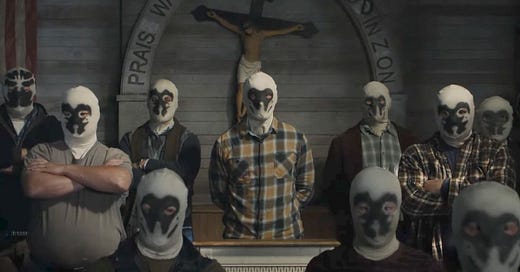
What is the value of publishing a top 10 TV shows list?
There isn’t one. Not in 2019.
In the pre-DVD days, Top 10 TV show lists were primarily an exercise in the writer and audience taking time to stroke their chins and revel in their shared good taste as they identified the shows that were ‘the best’. But then DVD shook that up - after all, viewers coul…




